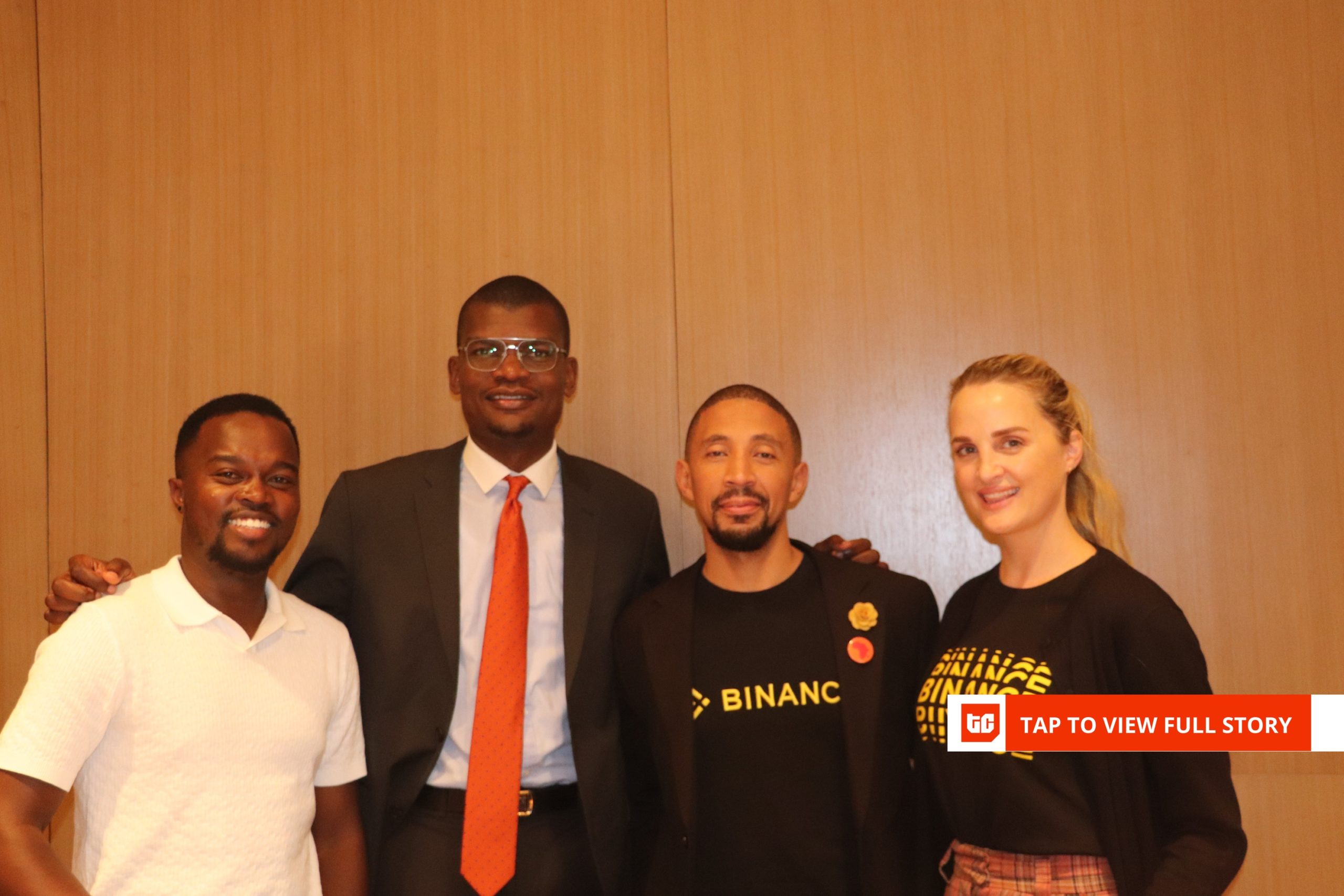Kenya’s tax authority collected KES 10 billion ($77 million) in taxes from crypto traders in the financial year ending June 2024. On the surface, that figure suggests that digital assets, long outside formal systems, are finally being pulled into the state’s revenue net.
But scratch beneath that number, and a more complex story emerges, one that speaks to regulatory uncertainty, technical blind spots, and the looming risks of designing a tax regime for an industry still in its early stages.
At a closed-door media roundtable hosted by Binance and attended by , legal and policy voices across the crypto ecosystem unpacked the future of digital finance in Africa. And if one thing was clear, it’s that Kenya’s current approach risks stalling a sector that could be more than just a source of tax revenue.
In November 2024, Kenya Revenue Authority (KRA) ex-chairman, Anthony Mwaura, announced the KES 10 billion ($77 million) figure during 2024’s Taxpayers’ Day. Mwaura also hinted at bigger ambitions: a joint technical committee with the Central Bank of Kenya (CBK), potential new frameworks, and a target to collect as much as KES 60 billion ($464 million) annually from the crypto sector. That kind of projection only makes sense if the government expects the ecosystem to grow and believes it can tax that growth effectively.
Yet, the tools for encouraging crypto firms to set up bases in Kenya and tax their users are still blunt. One of them is the 1.5% digital asset tax proposed under the Finance Act 2023. Industry players at the roundtable said the structure of that tax risks doing more harm than good. For instance, the law doesn’t define taxable events clearly, as it treats speculative tokens and stablecoins the same. It doesn’t account for wallet-to-wallet transfers, and creates collection and remittance burdens that even large exchanges will struggle to comply with, let alone local startups. And it tries to squeeze tax out of an asset class whose value swings daily, sometimes hourly.
Crypto is taxable. But what, how, and when?
The crux of the conversation wasn’t about whether crypto should be taxed. Almost everyone at the Binance roundtable agreed that taxation is inevitable. The tension lies in the design, where in some cases, platforms are now tasked with collecting, converting, and remitting this tax, in five working days. For global exchanges serving Kenyan users, that’s a hard sell.
Larry Cooke, Binance’s Legal Counsel for Africa, argued that blanket taxes applied to every movement or transaction of digital assets are deeply impractical. “If you take that responsibility and put it on the corporation, you kill the corporation,” Cooke said.
Allan Kakai, legal chief at Steakhouse Financial and director at the Virtual Assets Chamber of Commerce, expanded on the point, outlining three pillars—the asset, the event, and the taxpayer—that continue to confuse crypto users. “Taxable asset, taxable event, and who is the taxpayer—that’s what’s creating confusion,” Kakai said.
Without clear distinctions, exchanges will either overreport and overcharge, or retreat entirely from jurisdictions where they can’t comply without bleeding money.
What does compliance look like?
Kenyan regulators have issued compliance directives to crypto platforms, including demands for detailed disclosures, audit trails, and proof of tax remittance. But no operational licences have been granted to date.
One Binance rep at the roundtable said they had responded to every inquiry, filed tax returns on behalf of Kenyan users, and submitted transaction data, but still haven’t received clarity on licencing status.
Binance continues to operate in Kenya under a cautious model, mirroring its stance in several African markets. In Nigeria, the exchange has faced arrests, asset freezes, and intense political pressure, even after it removed the naira from its peer-to-peer marketplace.
Towards regional clarity
The African Union’s plan for a continental regulatory framework came up in discussion. Cooke and Kakai agreed that regional alignment could remove duplication and allow exchanges to scale compliance across jurisdictions.
But trust issues persist, where local regulators fear money laundering, terrorism financing, and capital flight. Without robust safeguards, some view crypto as a threat to monetary policy or tax collection.
Still, other countries are making moves, like South Africa’s Financial Sector Conduct Authority, which has started licencing crypto service providers under existing financial rules. Nigeria is revamping its approach after a crackdown backfired. Kenya has a draft of the Virtual Assets and Virtual Asset Service Providers (VASP) Bill, which will go through a second reading in Parliament in June 2025.
Users want on-ramps, off-ramps, not friction
Speakers argued for a more straightforward approach, like a tax fiat-to-crypto and crypto-to-fiat transactions, not everything in between. “An easier solution is a tax on on-ramp and off-ramp events. That’s it,” Kakai said. “There are thousands of tokens. How do you even value 1.5% of Dogecoin, convert, remit on a daily basis?” Kakai also added that “Stablecoins are utility assets. Bitcoin is speculative. Treating them the same makes no sense.”
This model would also allow users and platforms to predict liability, instead of reacting to every wallet movement.
Regulation, but with clarity
Cooke and Kakai said crypto firms are willing to comply but need rules that make sense in practice. Kenya is a leading market for crypto in Africa, but it risks becoming a test case for how not to do it. Taxing phantom gains, treating all digital assets as the same, and enforcing unclear rules will likely reduce transparency rather than raise revenue.
“Let’s first make sure people are comfortable with paying tax before you start layering additional tax,” Cooke said.
Mark your calendars! Moonshot by is back in Lagos on October 15–16! Join Africa’s top founders, creatives & tech leaders for 2 days of keynotes, mixers & future-forward ideas. Early bird tickets now 20% off—don’t snooze! moonshot..com










